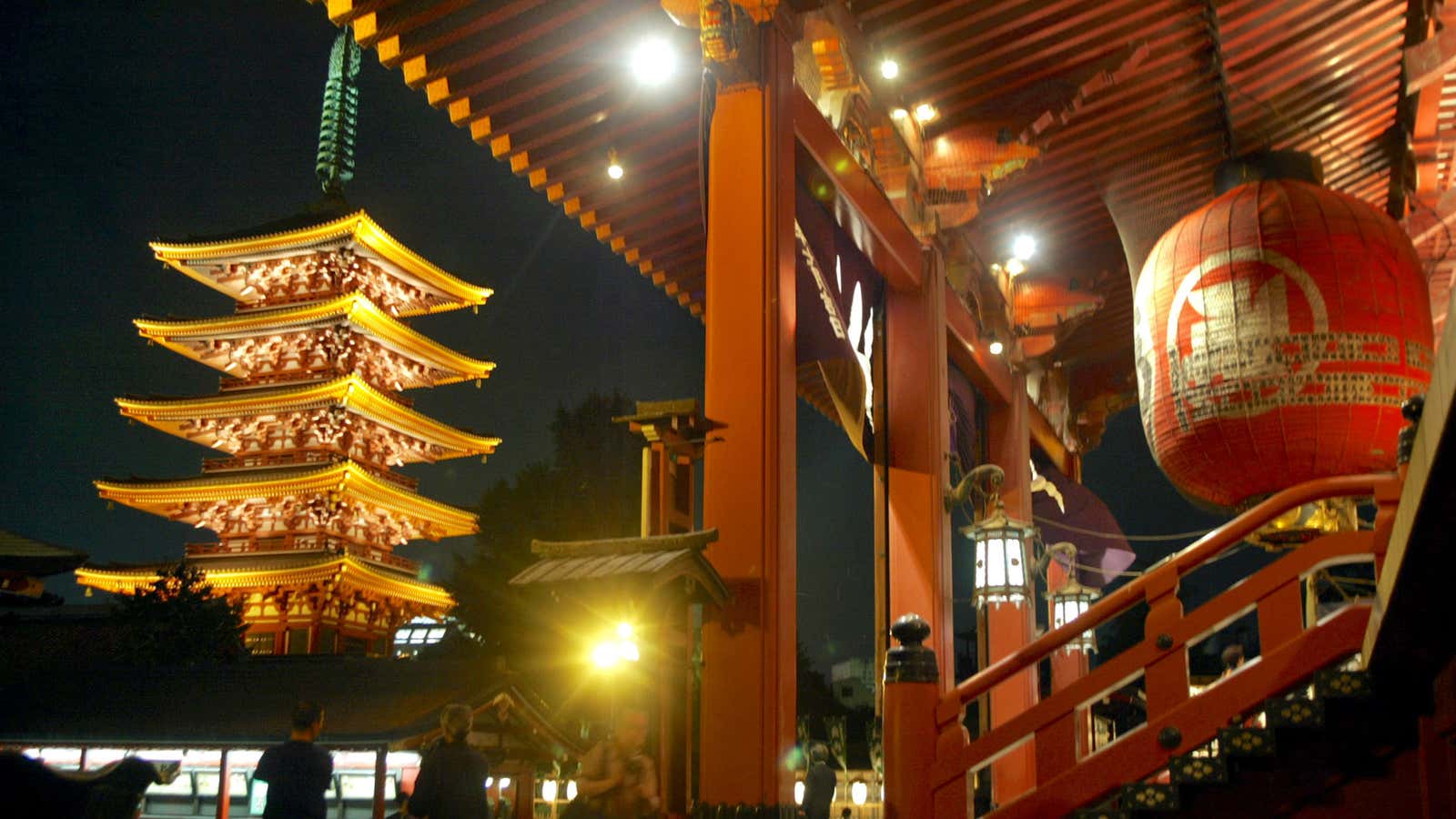Our world has evolved beyond just thinking of safety in terms of personal well-being, health, and infrastructure—we now live in a digital age. Therefore, quantifying what is classed as a safe place to live means looking at more than crime rates and building regulations.
Perhaps, one of the most granular ways to determine where the safest places in the world to live are is by looking The Economist Intelligence Unit, which ranks countries in its Safe Cities Index. It looks at health security, infrastructure safety, personal safety, as well as digital security.
The 2017 index ranked 60 major cities, scoring 49 indicators in the same four subindexes to get a final score out of 100. The ranking also includes more nuanced and weighted data to get a more accurate result. For example, it added man-made threats such as indicators about terrorism and civil unrest. It also revised how it looks at gender safety, which “was changed from the number of rape cases to female homicide victims. This is to address issues on the underreporting of sexual violence crimes as well as differing definitions of rape. Homicide tends to be less underreported, and the focus on female victims also captures gender safety issues,” said the EIU.
Tokyo came out on top as the safest city to live in the world. Overall, Asian and European cities hit most of the top ten positions in the index.
Tokyo reached poll position for digital security, second place for health security, and fourth place for personal security. However it didn’t rank in the top five for infrastructure security, which is why its overall score in the Safe Cities Index hit 89.80. Singapore came in a close second with 89.64, while Osaka came in at third place with 88.87.
